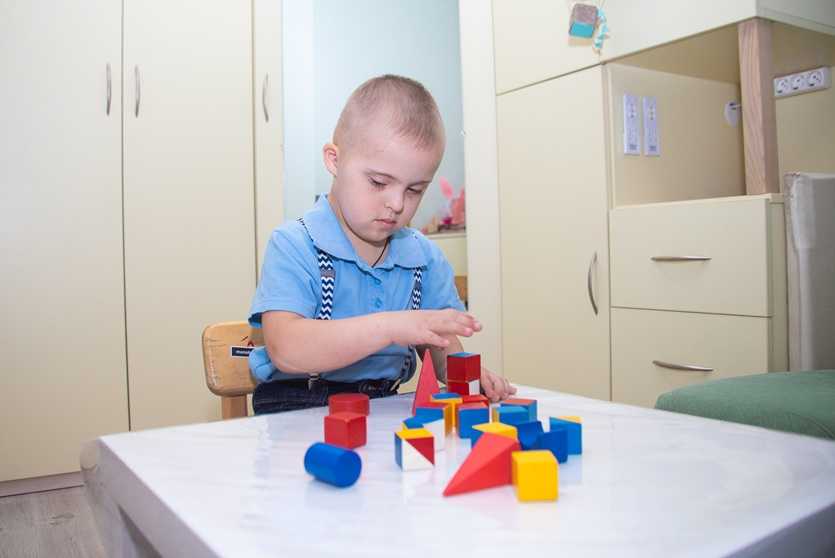
developmental delay in children


what is developmental delay?
Developmental delay refers to a condition where a child does not reach developmental milestones within the expected time frame. These milestones span various domains, including motor skills, speech and language, cognitive abilities, and social interaction. Developmental delays can be temporary or indicative of an underlying condition, such as autism spectrum disorder, cerebral palsy, or genetic disorders. Early detection and intervention are critical in ensuring children reach their full potential.
causes of developmental delay
The causes of developmental delay are multifactorial, ranging from genetic factors to environmental influences. Prenatal factors, such as maternal infections, substance abuse, or poor nutrition, can impair a child’s development. Complications during childbirth, including prematurity or lack of oxygen, also increase the risk. Postnatal factors, such as malnutrition, infections, or lack of stimulation, further contribute to developmental delays. Certain conditions, like Down’s syndrome or fragile X syndrome, inherently affect developmental trajectories.
signs and diagnosis in developmental delay
Developmental delay manifests differently depending on the area affected. Common signs include delayed speech, difficulty walking or crawling, poor social skills, or limited problem-solving abilities. Pediatricians use developmental screening tools to identify delays, followed by diagnostic evaluations, such as genetic testing, imaging studies, or specialist assessments, to determine the underlying cause.
treatment and interventions for developmental delay
Intervention for developmental delay is tailored to the child’s specific needs and often involves a multidisciplinary approach. Therapies such as speech therapy, occupational therapy, and physiotherapy play vital roles in addressing deficits and promoting skill acquisition. Early intervention programs provide structured environments that foster learning and development. Family involvement and education are equally crucial in supporting the child’s progress.
the role of physiotherapy in developmental delay
Physiotherapy is essential for children with developmental delays, particularly in cases affecting motor skills. Therapists design individualized exercise programs to enhance muscle strength, coordination, and balance. Techniques like neurodevelopmental therapy (NDT) help improve movement patterns, while play-based activities keep children engaged and motivated. Physiotherapy ensures children develop the physical foundation needed to achieve their milestones.
portea’s physiotherapy services
At Portea, we are committed to supporting children with developmental delays through home-based physiotherapy services. We also offer comprehensive physiotherapy for other conditions, from neuro rehab to post-surgical recovery, ensuring quality care for all age groups. In addition, Portea offers specialized services for a range of conditions, including sports injuries, post-surgical rehabilitation, respiratory disorders, and neuro rehabilitation. Our expert physiotherapists use evidence-based approaches to address challenges such as stroke recovery, arthritis management, COPD, and slipped discs and more.
In addition, Portea offers specialized services for a range of conditions, including sports injuries, post-surgical rehabilitation, respiratory disorders, and neuro rehabilitation. Our expert physiotherapists use evidence-based approaches to address challenges such as stroke recovery, arthritis management, COPD, and slipped discs and more.
With Portea, you receive expert paralysis physiotherapy treatment at home, delivered by skilled physiotherapists dedicated to your recovery and well-being. Additionally, we offer a wide range of healthcare solutions, including doctor consultations,medical equipment, nursing care, and dedicated trained attendants ensuring personalized and high-quality care tailored to your needs.
By choosing Portea, families gain access to compassionate care delivered by highly trained professionals. Our personalized approach ensures that every individual receives tailored therapy, empowering them to achieve their full potential while relieving families of logistical burdens.
portea’s other physiotherapy services based on medical conditions
faq’s on developmental delay in children
1. Can a developmentally delayed child catch up?
Many developmental delays resolve naturally over time. With early intervention, children can often catch up to their peers and reach their potential. Without intervention, delays may persist or develop into more significant challenges.
2. How to fix developmental delay?
Therapies for Developmental Delays:
- Physical Therapy: Supports gross motor skill development.
- Occupational Therapy: Enhances fine motor skills, sensory processing, and self-care abilities.
- Speech and Language Therapy: Improves communication skills.
- Early Childhood Special Education: Focuses on tailored learning for young children.
- Behavioral Therapy: Addresses behavioral challenges effectively.
3. What is the most common developmental delay in children?
Speech and language delays are the most prevalent developmental delays in toddlers. Speech involves verbal communication and the formation of words, while language relates to understanding and using words to communicate.
4. What are the activities for developmental delay?
Engage children in daily physical activities like running, climbing, and jumping outdoors. Encourage fine motor skills with tasks such as buttoning, zipping, and using scissors. Include creative exercises like drawing, writing, and cutting to build coordination and skill.
5. Can developmental delays be cured?
While developmental delays cannot be completely “cured,” targeted therapies can significantly help children make progress. Early intervention is crucial for better outcomes. Lifestyle modifications can also contribute to improvement.
6. What are the 5 stages of child development signs of delays?
The five stages of child development—newborn, infant, toddler, preschool, and school-age—encompass various physical, cognitive, speech, and intellectual milestones. Delays are identified when these milestones are not reached at typical ages.
Doctor Consultation
Nursing
Physiotherapy
Trained Attendant
Elder Care
Mother & Baby Care
Lab Tests
Medical Equipment
Speciality Pharma
Critical Care






